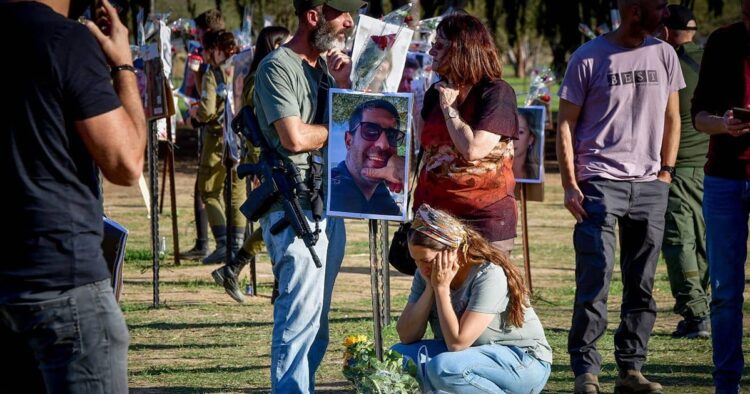In a significant legal development, 42 survivors of the October 7 Hamas massacre at the Supernova music festival in Kibbutz Re’im are taking legal action against the Israel Defense Forces (IDF), Israel Security Agency, and Israel Police. The survivors, represented by lawyers Anat and Gilad Ginzburg, are claiming 200 million shekels (USD 53.6 million) in damages, citing negligence.
The Ginzburgs argue that top security officials held meetings the night before the attack, with intelligence pointing to abnormal activity in the Gaza Strip. They claim that a single phone call could have prevented the tragic events, blaming the police and the army for allowing the festival near the border despite concerns raised by IDF surveillance officers.
On October 7, Hamas terrorists carried out a multi-pronged cross-border assault on southwestern Israel, resulting in 1,200 casualties. The survivors allege that the authorities failed to adequately protect them, leading to devastating consequences.
Ilya, a 34-year-old software engineer from Tel Aviv and one of the plaintiffs, emphasizes the psychological toll on survivors. While physically unharmed, he highlights the need for ongoing psychological treatment, struggling with anxiety, depressive thoughts, sleep issues, and difficulty interacting with others.
The lawsuit seeks justice and accountability, claiming that avoidable mistakes occurred, and those responsible should be held liable. The plaintiffs contend that they feel abandoned and should have been better protected during the festival.
The legal process is expected to be prolonged, with the Ginzburgs anticipating more survivors to join the legal action. However, Maurice Hirsch, director of the Palestinian Authority Accountability Initiative, warns that proving negligence could be challenging, considering the orchestrated nature of Hamas’s attack. Hirsch cautions that success in this lawsuit might set a precedent for liability claims against Israeli political and security leaders for all past terror attacks.
The Israeli Justice Ministry has not disclosed its response to the lawsuit, which will be submitted directly to the Tel Aviv Magistrates Court. The case raises significant questions about the responsibility of the state in the aftermath of terrorist attacks and the balance between security measures and individual rights.

















Comments